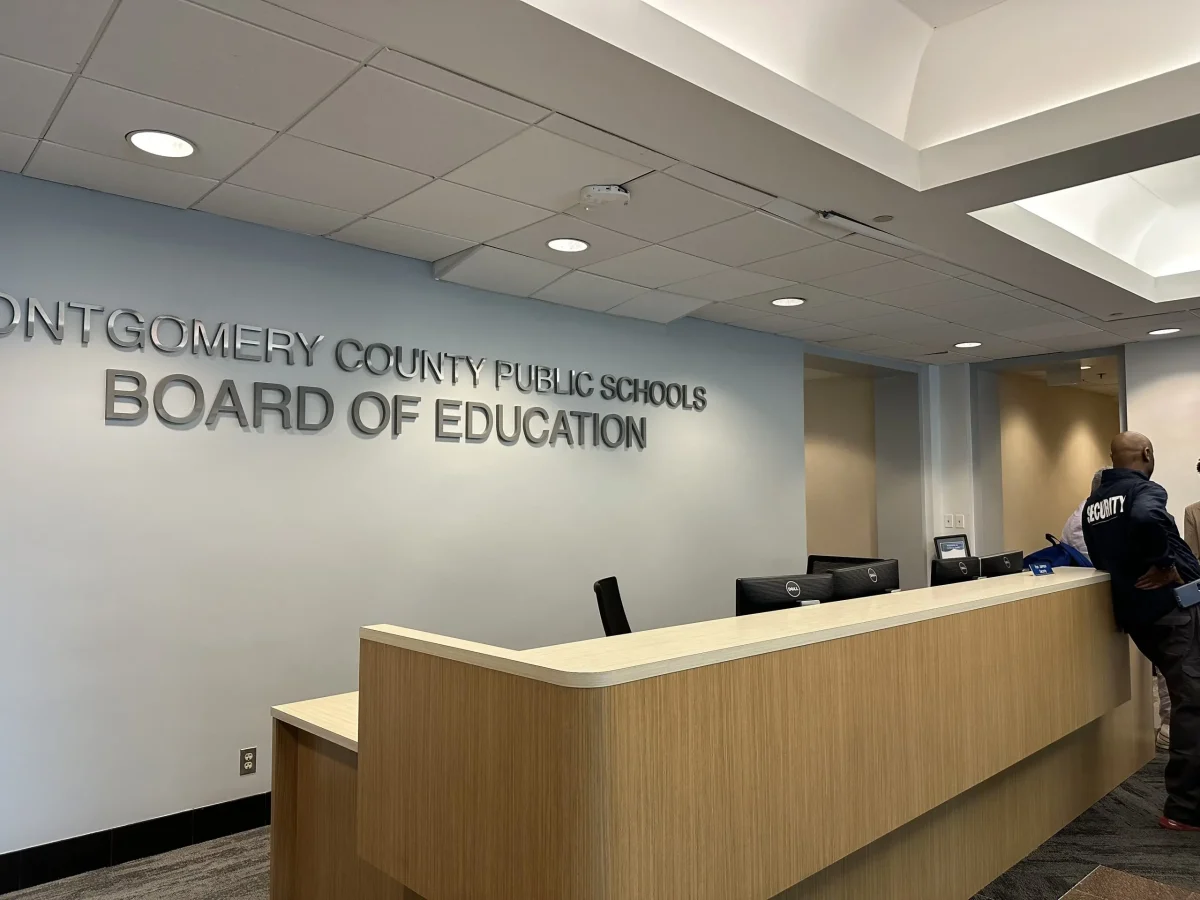Imagine you’re on a trip to Spain; you land in Barcelona and decide to go to a restaurant where the locals only speak Spanish. You want to place your order, and you realize your four years of taking a foreign language in high school has paid off as you easily converse with the waiter.
There are diverse benefits to consistently learning a language throughout high school. According to the University of Oregon, “Studies have shown that students who study a foreign language perform better on standardized tests than their monolingual peers. As a result of their language studies, students have higher SAT-Verbal test scores, ACT test scores, math test scores, and English reading scores.”
This shows that learning a foreign language and developing bilingualism can influence a student’s academic performance both inside and outside of class. This gives bilingual students an advantage past their high school career and into college.
Another benefit of taking a language in high school is that the credit extends into college. At the University of Maryland, for example, two years of a foreign language are required to apply. “I think it’s important to consistently take a language in high school for the credit. It’ll help later in college as well,” junior Nathan Roberts said.
The benefits of taking a foreign language consistently in high school go beyond higher education. Depending on the career, foreign language skills may be necessary to communicate with colleagues or clients. According to CollegeVine, “Civil servants, customs and immigration officials, travel writers or agents, diplomats or other government officials, and even those who work for nonprofits may all sometimes encounter foreign language speakers in their professional roles. While a second language may not be a job requirement, these skills will certainly set you apart in a competitive job market in these fields.”
Learning a foreign language goes beyond just learning new vocabulary and grammar rules. It often extends into learning about the culture in countries that speak the language, which is an opportunity few other subjects provide. “Learning a language helps deepen our understanding of culture around the world,” sophomore Elizabeth Ipe said.
Having extensive knowledge on the language itself combined with awareness of the culture in foreign countries can prepare students for trips abroad. In situations where communication with the locals in a different country may have been difficult for a monolingual, students who have consistently learned a language in high school would be able to avoid miscommunications through their ability to speak the language and understand the culture. “Travel is more fun when you speak the language of the country you’re in,” sophomore Meghna Krishnan said.
Because learning a new language throughout high school can benefit one’s experience in college as well as at work, the pros to making this commitment now are evident. These benefits also extend beyond the classroom and into leisure activities like travel, which will further enhance the lives of bilinguals both now and in the future.





![The 2025-2026 Editorial Board Alex Grainger, Cameron Cowen, Helen Manolis, Emory Scofield, Ahmed Ibrahim, Rebekah Buchman, Marley Hoffman, Hayley Gottesman, Pragna Pothakamuri and Natalie Pak (Chase Dolan not pictured) respond to the new MCPS grading policy. “When something that used to be easy suddenly becomes harder, it can turn [students’] mindset negative, whereas making something easier usually has a better impact. I think that’s where a lot of the pushback comes from. But if you put emotions aside, I do think this change could help build stronger work ethic,” Ibrahim said.](https://woottoncommonsense.com/wp-content/uploads/2025/09/fqr5bskTXpn0LRQMmKErLuNKdQYBlL726cFXBaWF-1200x900.jpg)

